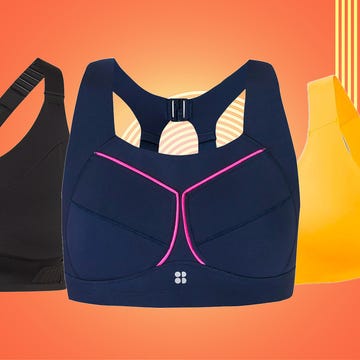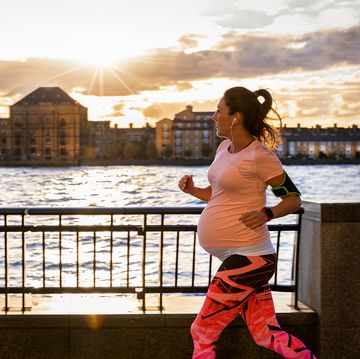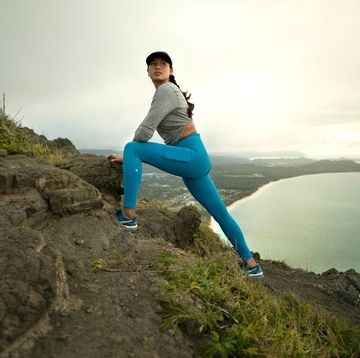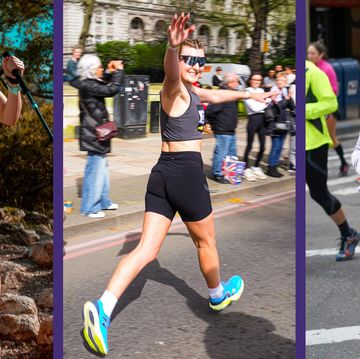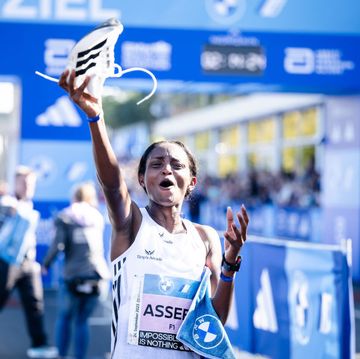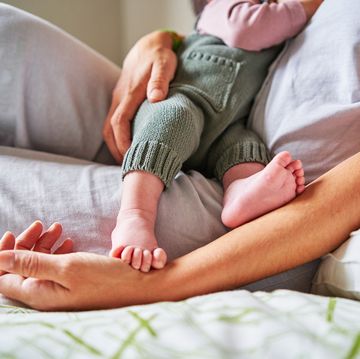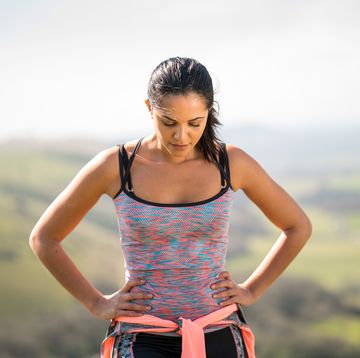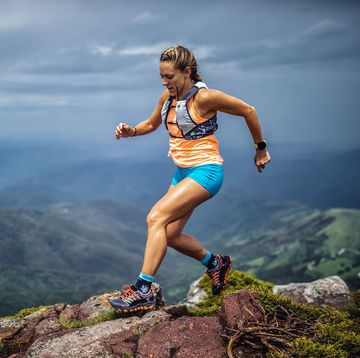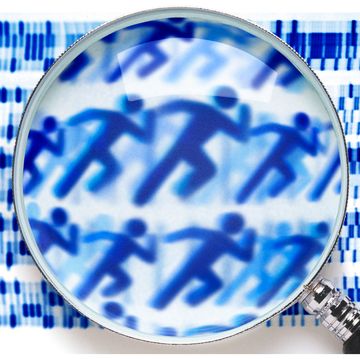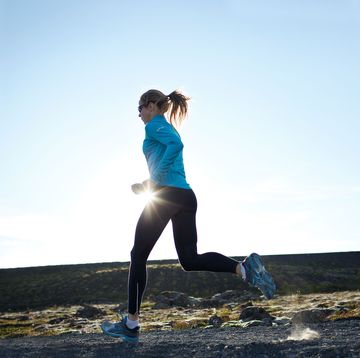Jump to:
- Updated: 09 January 2024?
- What size running sports bra should I buy?
- Updated: 09 January 2024?
- The best anti-chafing creams for summer running?
- Female participation in ultrarunning falls to 30?
- Why has my sports bra started to chafe?
- How often should you wash your sports bra?
- of the best womens running shorts for summer
You wouldn’t buy a pair of running shoes without checking they’re right for you. So why pick out the wrong sports bra?
According to Adidas, a whopping 90% of women are wearing the incorrect size of sports bra, so it’s more than likely that you are too. While we’ve compiled a list of the The type of sports bra you wear for Pilates wont be the same as the one you wear for running (as well as the The type of sports bra you wear for Pilates wont be the same as the one you wear for running) that we've tested and would genuinely recommend, here’s everything you need to know about selecting the perfect one for you.
Updated: 09 January 2024?
Since the first sports bra was created by sewing two jockstraps together in the 70s, they have been doing us an essential service.
Breasts are made of little other than fat and tissue, which means they have no natural means of supporting themselves. As a result, breasts move a hefty amount while running. In fact, research carried out by Portsmouth University shows that, on average, they can move up to 9.09cm with each stride.
This movement can be pretty uncomfortable. On top of that, it can hinder your performance, as well as leading to irreversible sagging.
What size running sports bra should I buy?
All breasts are different, so what works for your running club friends might not work for you. If you haven’t invested in a sports bra before, start with your regular bra size and tweak accordingly as you try on some different options.
Updated: 09 January 2024?
It’s all well and good saying ‘find what works for you’, but how do you know when you’ve found the right fit?
Sports bras for running should fit snugly but not be so tight that your breathing is restricted. You should be able to fit one finger (only) under the band, and the band itself should be the same level all the way round your back.
You can spot the wrong sports bra by the appearance of the bra itself and how it makes your body feel.
Firstly, if there are gaps or wrinkles in the bra, it’s too big. If your breasts are spilling out of the sides, the cups might be too small. Similarly, if the back band is riding up as you run, the fit is also off.
Your body will also tell you if something isn’t right. If you’re experiencing back pain or soreness around the area, with parts of the bra digging into your skin, you should also think about re-sizing.
The best anti-chafing creams for summer running?
The type of sports bra you wear for Pilates wont be the same as the one you wear for running:
Encapsulation bras have cups like regular bras, but offer extra support. These usually have hooks at the back and should lie flat against the breastbone to avoid rubbing.
Compression bras press your breasts against your chest. Unlike their counterpart, you usually pull these on over your head.
Combination bras, as the name suggests, combine the qualities of compression and encapsulation in one to provide the highest level of support for larger-breasted runners.
The only way to know what works for you is to try some on. It could be best to go to a store as most retailers can offer assistance to help you find the right fit. Alternatively, order a bunch online and try them on at home. You can send back the ones that you’re not happy with later.
Female participation in ultrarunning falls to 30?
The type of sports bra you wear for Pilates won’t be the same as the one you wear for running.
Sports bras range from low-impact, thin, crop top-esque styles used for the likes of yoga, through to high-impact, which are less stretchy and can be underwired. High-impact styles are best for running.
If you have smaller breasts, medium-impact styles may be suitable. You may also feel more comfortable in a compression bra, however, a properly-fitting encapsulation bra could give you even better support.
Resting heart rate.
Why has my sports bra started to chafe?
Chafing from sports bras is usually caused by the elastic being too loose. If this happens after a new purchase, the fit is probably too big. If it’s an older bra, the elastic may be worn-out, or you could have lost weight.
One way to rectify this is to fasten your bra on a tighter hook at the back. If that’s not working, it could be time to re-measure yourself and buy a new one.
How often should you wash your sports bra?
You should wash your sports bra after every use to avoid a build-up of bacteria from sweat. Keep in mind that sports bras need replacing every 30-40 washes due to losing elasticity. As a general rule, you should replace your sports bra three times as often as your running shoes.
To give your sports bra a longer lifespan, avoid tumble drying and place it in a lingerie bag in the washing machine. Even better, wash it by hand.
You can donate your old bras to a local bra bank or take it to a recycling centre to dispose of sustainably.
of the best womens running shorts for summer
First, you need to work out your band size. Do this by taking a tape measure and measuring your rib cage directly under you breasts. Make sure to keep the tape tight and make a note of the measurement.
Next, work out your cup size by taking the tape and measuring around the fullest part of your breasts. This is usually in the centre where your nipples are. You don't want to pull the tape too tight for this part.
Now, take this second measurement and minus it from your underband measurement. If it’s a difference of 1, you’re an A cup; a difference of 2, a B cup; a difference of 3, a C cup, and so on.
Remember, you should still try out different styles and sizes to find your very own glass slipper of sports bras. Shopping for a sports bra is a bit like shopping for a pair of jeans – you won't be the same size in every store.


